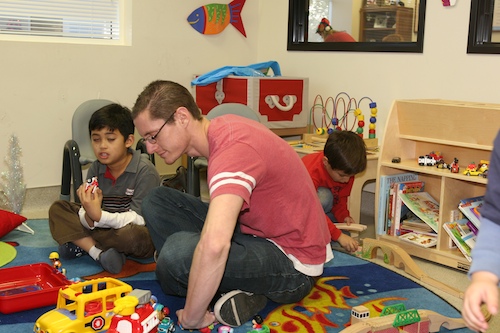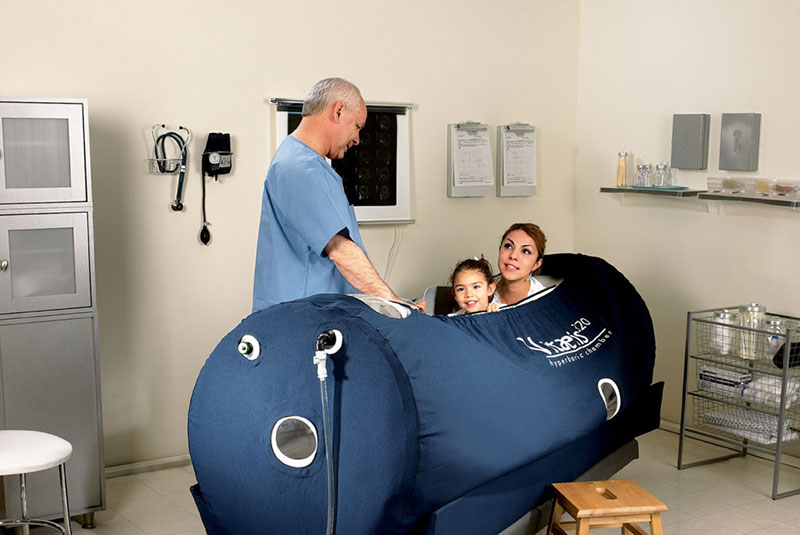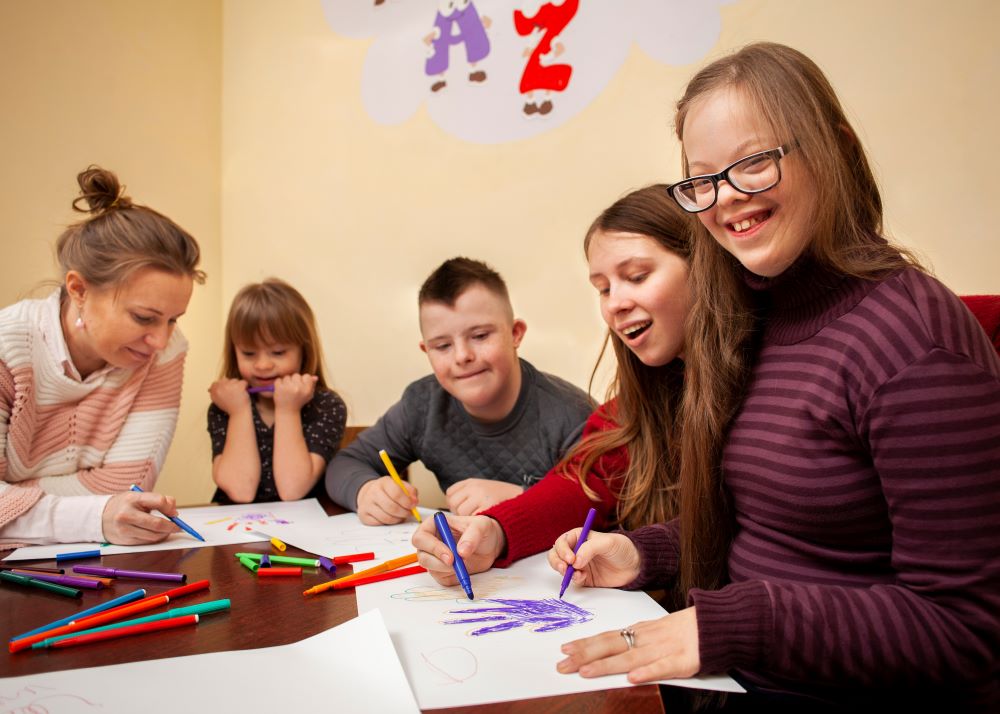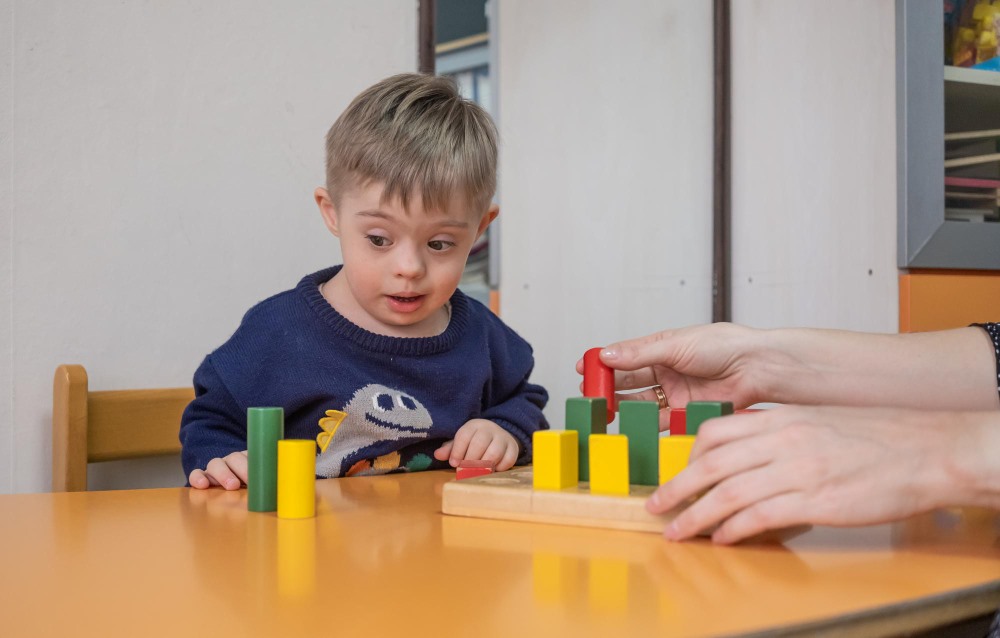According to new research, neuromodulation can be one of the ways to manage autism spectrum disorder. As per research, the right Crus I (RCrusI) has a significant role to play as far as autism is concerned. This area is not just for co-ordinating movements, but it also affects ASD behaviour. After lots of research, it has been found that any issues with this area can lead to social impairment. According to Dr Peter Tsai, this finding is very important and that though one cannot change the genetic combination of the child, neuromodulation will surely help these children lead a better life.
Some facts about ASD:
It has been found that in America alone, 1 in 68 children is affected with autism. A child who is suffering from this disorder will have problems in communicating and in social interactions. There will be some repetitive patterns of behaviour which is called as perseveration. Some studies reveal that cerebellar dysfunction is the cause for this disorder. But now it has been found that the gray matter volume in the RCrusI can also lead to certain symptoms of this disorder.
Studies were carried out on 81 children who were suffering from ASD and were around the age of 10 years, and another group of normal children of the same age. The studies indicated that functional connectivity within these circuits is atypical for kids with ASD.
The impact of modulation of the RCrusI in human beings:
It was found that this type of modulation leads to changes in the functional connectivity of the IPL region. The left IPL region is responsible for visuospatial, motor, and cognitive functions. It is also important for the interpretation of gestures. It has been found that children suffering from autism have problems with imitation and behaving normally.
In a study conducted on mice, it was found that when RCrusI was inhibited, it led to abnormal, inflexible, and repetitive behaviour. When the same region was stimulated, it was found that the mice behaved in a normal manner. This clearly shows the role that cerebellar RCrusI played in the behavior of these animals.
There are a number of factors that could be affecting this, like the time of the experiment. One also needs to note that the experiment was carried out on adult mice. There are also chances that there is a critical period and stimulation during this period helps in improvement in social impairment.
So what does one conclude?
There is optimism that cerebral neuromodulation can be effective is helping children who are suffering from autism. Researchers feel that if mice could benefit from it, then why the same cannot be tried out in case of human beings. Yes of course, it goes without saying that one cannot compare a mouse with a human being. But the experiment is worth trying. It will need more research and more experimentation, but it seems that stimulation of the RCrusI is likely to be helpful in bringing about improvement in children suffering from ASD.
Reference: https://www.medscape.com/viewarticle/890244#vp_1



